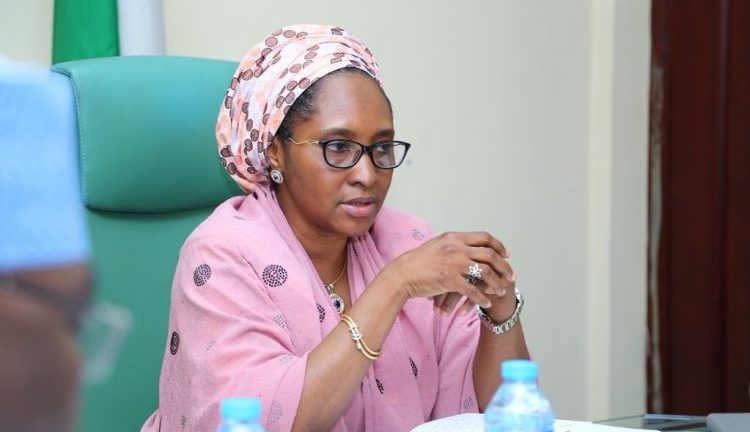Minister of finance, budget and national planning, Zainab Ahmed has stated that it is unsustainable for public projects to be solely financed by government.
Yunusa Abdullahi, Ahmed’s spokesperson, quoted the minister as saying so in a statement on Tuesday.
The minister spoke on the theme: “Sustainable Funding For Transport Infrastructure Development In Nigeria”, at a 2-day national conference on transportation infrastructure development financing in Nigeria by the Nigeria Institute of Transport Technology, Zaria, Kaduna state.
Ahmed said traditionally, the public purse has been the source of a significant proportion of transport infrastructure financing because of the public good nature of infrastructure and the positive externalities it creates in an economy.
She said a case of sole funding by government has resulted in increased budget deficits, adding that it remains unsustainable.
“Sole financing by government has led to increasingly large budget deficits, a form of financing which is unsustainable in the long term,” she said.
“For this reason, low-income countries for example, have typically supplemented government investment in infrastructure with other sources of financing from multilateral and bilateral partners.
“In the case of Nigeria, all of these financing sources are exploited to create a diversified portfolio of financing sources to build our stock of transport infrastructure. Adopting this mixed approach to infrastructure financing goes a long way in addressing the question of sustainable financing.
“A hybrid approach to transport infrastructure financing allows us to deepen our domestic capital market through the issuance of medium to long term debt instruments which allow citizens and institutional investors to take a stake in the future growth of our economy.
“The issuance of Eurobonds targeted at infrastructure spending allows us to raise foreign exchange at market-determined rates but also registers Nigeria as a viable investment destination for foreign investors.”
Speaking on the success of the road infrastructure development and refurbishment investment tax credit scheme (RITCS), the minister described the scheme as a sustainable and innovative approach to financing road transport infrastructure in Nigeria.
The RITCS was launched by President Muhammadu Buhari through Executive Order Number 7 and signed in January 2019.
It is designed to leverage private sector capital, efficiency and expertise to construct, repair and maintain critical road infrastructure in key economic corridors and industrial clusters in Nigeria. The scheme relieves government of the burden of funding significant outlays for road projects through the annual budget.
Ahmed said the success of the scheme is “evident from the quality of the roads and the rapid pace at which the roads are being constructed, notwithstanding the delays from the COVID-19 pandemic”.
“The success of this scheme will pave the way for further initiatives which create opportunities for public private partnership (PPP) arrangements using both domestic and foreign capital in a sector critical to the growth of the Nigerian economy,” she added.
“Essentially, the scheme utilises tax expenditures, by way of tax credits, to finance the construction of critical road and bridge infrastructure through an innovative PPP mechanism that incentivises private sector participation.
“Participating investors in the scheme are issued tax credits which they utilise to reduce corporate taxes payable to government. This allows them to recoup the value of their investment in roads and bridges. The scheme places limits on the tax credits claimable in a fiscal year to ensure government revenues are not compromised.
“The PPP represents a unique opportunity to benefit from the expertise present in the private sector to deliver infrastructure projects in a timely and cost-effective manner. It allows government to share the burden of financing, building and maintaining infrastructure which frees up scarce resources to address other needs best delivered by the government.”

